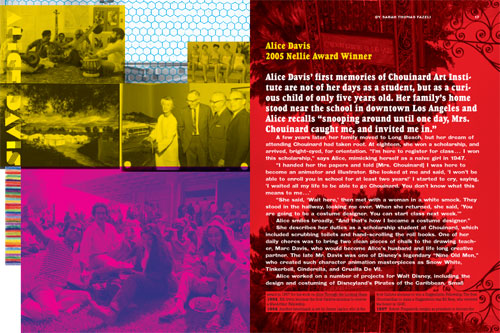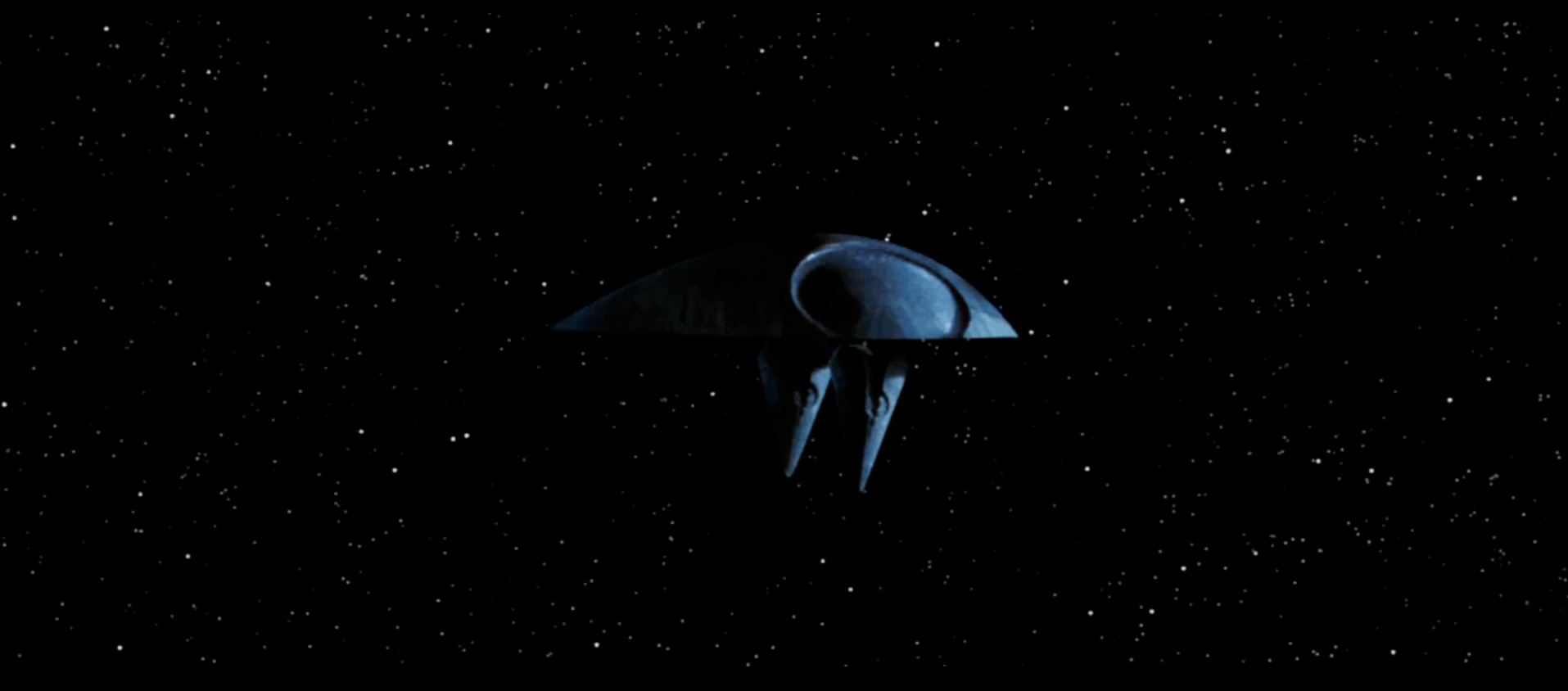

Mothership ’s authors also include Junot Diaz, whose story “Monstro” envisions a world where a plague (christened “La Negrura” or “The Darkness”) breaks out in Haiti. Even though the aliens freeze humans who end up “disintegrated in a pink mist… from the contact with the plant’s venom,” we also enter an Earth that is realistic in its efforts to survive all through a national pastime. Stepping away from the dark side of sci-fi alien versus man (as we saw in District 9 ), Howze presents us with the dangers of assumption and a lesson in respect for all beings. One of the stories that stayed with me long after finishing the anthology was Thaddeus Howze’s “Bludgeon.” The story can be summed up as a comical tale about an alien invasion and baseball, but Howze does more than make us laugh. These stories brought me into a world that include strong female and male protagonists that weren’t just white, as well as a future where humanity (despite our differences) works together.

In an effort to showcase work by various writers of different races and ethnicities, they have compiled post-apocalyptic and fantasy short stories where people of color are alive and present. Mothership: Tales of Afrofuturism and Beyond, an anthology edited by Bill Campbell and Edward Austin Hall, does the opposite.

We basically see white saviors or societies that show “everyone else” as lesser–and that isn’t too far off from how the world works now. Nevertheless, the majority of popular sci-fi/fantasy texts have only continued to perpetuate the social constructs of western society. The genre of science fiction and fantasy has the power to construct a world where artificial intelligence takes over Earth, magical serums save humans from zombies, or life as we know it now happens in space. It’s not surprising that, to this day, depictions of the future (be it utopian or dystopian) continue to create worlds where people of color only exist as token splashes of diversity. “We can also assume that it’s dead because a melanin-devouring plague (Schuylerosis?) either killed all people of color or that same plague killed all the melanin on the planet, leaving only a handful of affable sidekicks in its wake.” – Bill Campbell, editor of Mothership: Tales from Afrofuturism and Beyond


 0 kommentar(er)
0 kommentar(er)
